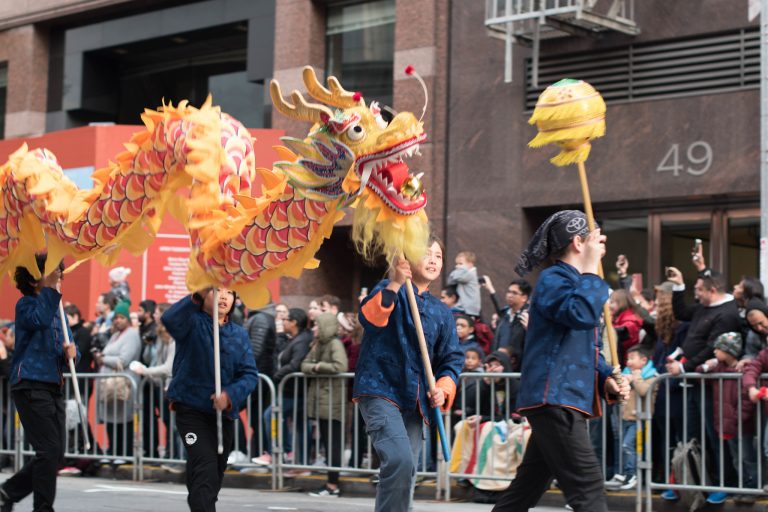According to the lunar calendar, 2022 is the Year of the Tiger, and Jan. 31 is Lunar New Year’s Eve.
U.S. Secretary of State Antony Blinken announced the Chinese New Year celebratory greetings on Feb. 1 for those in the United States and around the world, “May the Year of the Tiger bring opportunity, success, and good health to all.”
Blinken said, “As we reflect on the year behind us and welcome the year ahead of us, the United States will continue to work to advance a peaceful and prosperous future. We welcome all nations and peoples to join us in the effort to build a better world for future generations.”
The U.S. Embassy in Beijing sent congratulations at 10 p.m. on Jan. 30: “Happy Lunar New Year from the U.S. Embassy in Beijing!”
Blinken’s and the U.S. Embassy’s routine greetings come at a time when U.S.-China tensions are at a high point, with countries around the world becoming more wary of the Chinese Communist Party’s aggression and human rights abuses.
Success
You are now signed up for our newsletter
Success
Check your email to complete sign up
Starting with the Trump administration, the U.S. has sanctioned multiple Chinese officials over their involvement with the CCP’s persecution campaigns, as well as for economic misdeeds affecting the U.S.
Last March, the State Department sanctioned 24 mainland Chinese and Hong Kong officials over Beijing’s National Security Law, which undermined the city’s unique freedoms.
On May 12, 2021, Blinken announced sanctions for Yu Hui, the former director of the Chengdu branch of the Central Leading Group of the 610 Office. Now defunct, the 610 Office was created by former CCP leader Jiang Zemin specifically to persecute Falun Gong. Yu’s family is forbidden from entering the United States.
Moreover, the U.S. departments of state and treasury department sanctioned five Chinese officials on December 2021 — Chen Dong, Lu Xinning, Tan Tieniu, He Jing, and Yin Zhonghua — all deputy directors in the Liaison Office of the Central People’s Government in Hong Kong, adding to a list of other officials with the same title in the liaison office, who were sanctioned earlier this year.
Lunar New Year traditions
Among the traditional Chinese festivals, the Lunar New Year is the most important and the most bustling.
In America, local Asian communities usually have festivals and parties to celebrate the Lunar New Year. Dragon and lion dances increase the atmosphere of rejoicing and festivity.
Chinese people have many traditional customs relating to the Lunar New Year. Since the 23rd day of the 12th lunar month, people start to prepare for the celebration. Every family does a thorough house cleaning.
People enjoy the Lunar New Year Lantern, New Year couplets, and characters with good wishes. Moreover, they also prepare New Year cakes, Tangyuan, and all kinds of food to bid farewell to the old and usher in the new.
New Year’s Eve is the time for a happy reunion of all family members, when they sit around the table to have a sumptuous New Year’s Eve dinner, talking and laughing, until daybreak, which is called “staying up to see the year out”.
When the bell tolls midnight on New Year’s Eve, people eat dumplings. In the ancient Chinese way of time recording, midnight was called zishi (a period of the day from 11 p.m. to 1 a.m.)
Setting off firecrackers is the favorite activity of children in the Lunar new year before it was forbidden in large cities due to safety concerns. According to legend, firecrackers could drive off evil spirits.
















